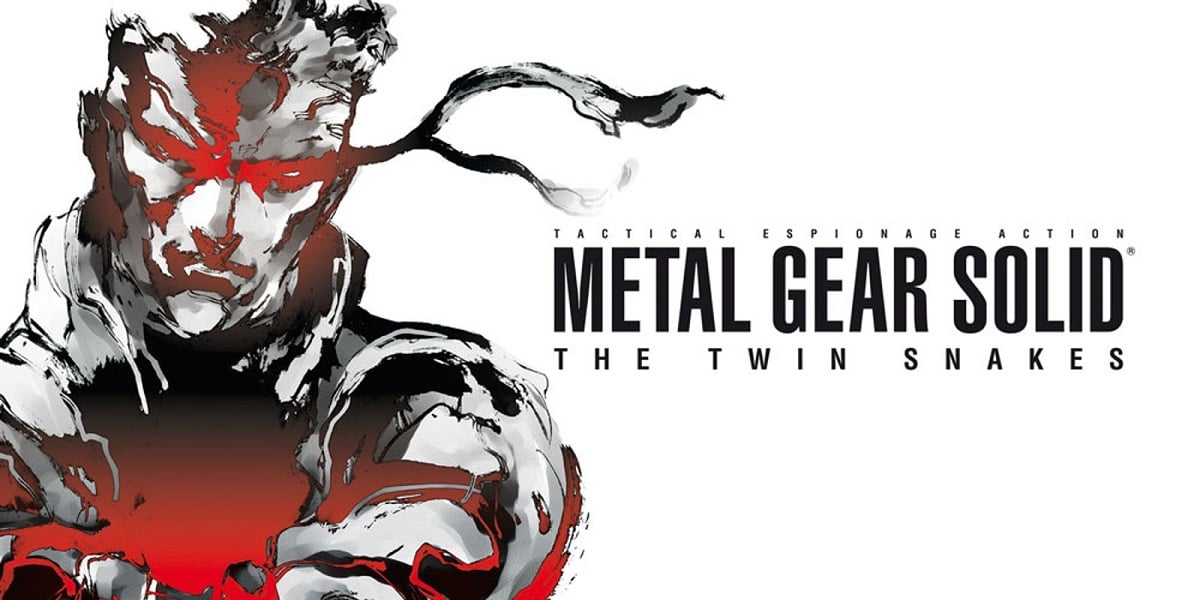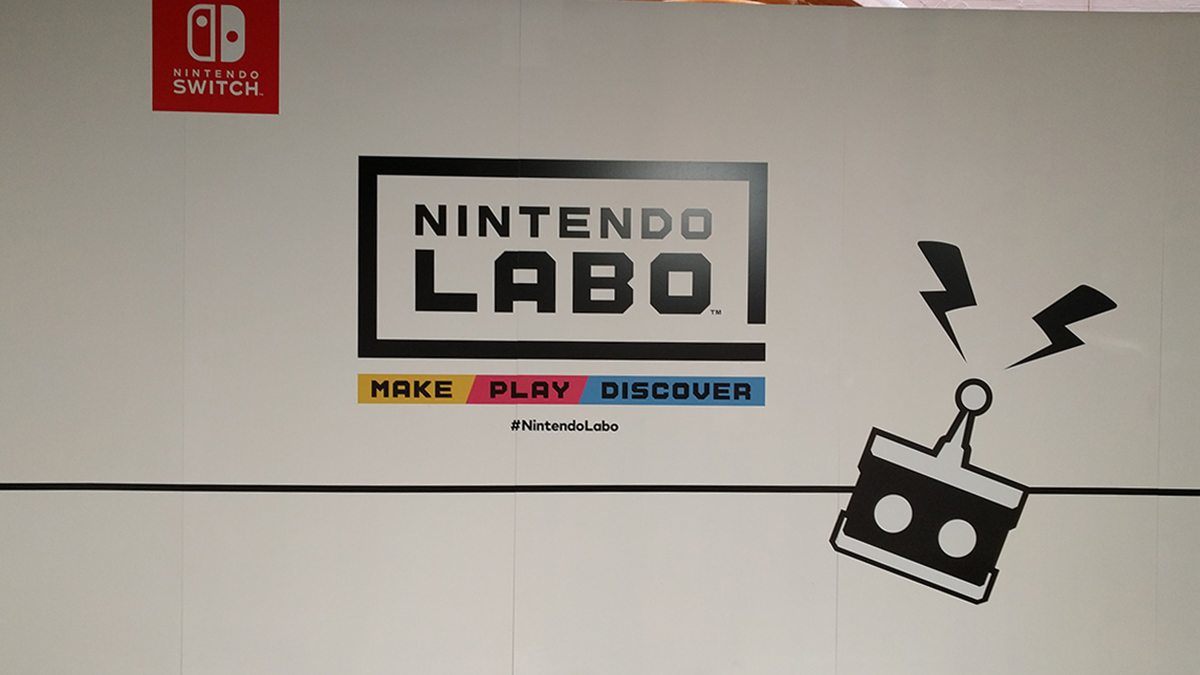
I consider myself a PlayStation fan girl, a Final Fantasy fanatic, and lover of JRPGs. These are my ‘go to’ fandoms, the ones I publicly cheerlead for, the OSTs I listen to while driving, and the music I play on the piano. It’s my reflexive answer when asked about my gaming preferences.
Then Amy asked the question: “Can you be a fandom of one?”
I realized there was another. A forbidden love, if you will. A secret fandom. The one you don’t tell anyone about. Like those Anne Rice novels you secretly loved, or your true crime obsession. A fandom created by a deep emotional bridge connecting to a former version of yourself. You know there are others out there, but who are they; where do you find them?
Do you want to find them, given the deeply personal connection you have with the material?
Some things aren’t meant to be shared with the world. Its purpose is the comfort of the self. For me, this deeply personal fandom involved a cinematic experience full of adventure, crazy characters, and tactical stealth espionage.
The setting
Fourteen was an awkward age. As a military brat, in a small white town, I’d seen too much and never bothered with real community attachments. A lone wolf, I’d tell myself. A rebel princess without a cause. Once a year, my dad walked into whatever school I attended to discuss my attitude, or to settle a score over a test I failed.
The problem? I learned history from a different perspective.
For example, in the United States, we were taught the Monitor and the Merrimack were the first iron armored ships used in combat, in 1862 during the U.S. Civil War. In South Korea, we were taught 거북선 (Goebukson) or turtle ships, designed by Admiral Yi Sun Shin, battled in 1592 during an attempted Japanese invasion. My history answers often caused my teachers to clash with my parents, and by default, me.
I learned there was a difference between what the answer was, and what answer someone was looking for. I saw authority as a means of controlling the narrative, no matter how wrong that narrative was. Now I have words like colonialism and systemic injustice. Back then I just felt alone, cursing my luck for being me.
Alternate History
Metal Gear Solid changed my life.
Originally released on Playstation, under Konami, Hideo Kojima’s s use of alternate history in the storytelling blew my fourteen-year-old mind. It reminded me where I came from, how the world was so much bigger than this little New Hampshire town. I wasn’t the problem. The problem was how history was taught. It was bigger than me. My focus was completing my mission until I could get out.
Through heavy dialogue and twists on expectations, Kojima’s world captivated me like no one had ever done before. His messages on war, gun culture, and commentary on society were dystopian prophecies I couldn’t get enough of. They spoke to how I viewed the world, cynical and untrustworthy.
If you told my fourteen-year-old self that the creator of Metal Gear, my most beloved franchise, would grow to be the video game giant he is today, she’d have two reactions. One of disbelief that mainstream society would ever embrace these games that felt so forbidden, and one of “DUH”, that his genius would shine to the masses.
His use of alternate history snuggled around me like a warm blanket, and the recurring theme of identity trapped me for life.
It mirrored the systemic injustices I felt around me, and didn’t have the words yet to name. Who’s to say we didn’t resurrect genome experimental soldiers, or there isn’t a secret organization of puppet masters known as The Patriots? My school experience taught me anything might be possible depending on who’s in charge.
The Fourth Wall
Metal Gear Solid broke the fourth wall. It required players to switch controller ports to avoid mind reading from Psycho Mantis. They also had to look at the actual real life game case to get the codec frequency for Meryl. My very first play through, I spent forty-five minutes searching the entire Shadow Moses base, and checking every item in my inventory more times than I’d like to admit.
Metal Gear felt like James Bond and Power Rangers had a baby with a lot to say to the player, commenting on the world’s nuclear arms race, after Snake walks off into the sunset. Gene Park recently reminded me of Metal Gear Solid 2‘s accurate predictions on meme culture. At moments I felt the game was talking to me more than Snake including it’s explorations of identity through every character in the game.
Identity Crisis In Metal Gear
Solid Snake struggles with identity a few times throughout the story. His conversations with Meryl and Sniper Wolf center around the identity of being a soldier, and loyalty, which we see again in Metal Gear 3: Snake Eater. Grey Fox doesn’t want to be an immortal cyborg ninja. Otacon wanted to make mechs, because anime, and builds Metal Gear, a war machine. Liquid Snake calls Solid out for blindly following orders, after disguising himself to administer said orders.
Both Snakes seems slightly at odds with their identities as soldiers versus free agents in their own ways. Both are being lied to. Are soldiers just tools used for war or people with feelings and a duty to do whats right? Are genetics a dictator of your destiny or your identity? Are they just genetic copies of their gene donor? Should they be required to tell Snake he’s actually a walking virus if they just plan on killing him after?
This all may seem over the top, yet as a fourteen-year-old, with my own questions of genetics, history, destiny, and stance on the military, I never felt so seen by a video game. I oddly related to Solid Snake as an avatar for my struggles, a way to cope through the teen years of figuring out who I was, moving through so many schools, and a life time of other people deciding my identity for me.
Metal Gear Solid created an outlet to work through the feelings of existing as a biracial military brat in a small town.
Authority Struggles
Growing up, I felt at odds with what adults wanted for me, and what I wanted for myself. Society’s definition of success did not match my own. Moving every two years created a barrier in connecting with anyone. I felt relying on myself was best, yet it directly contradicted my need for guidance and direction navigating societies norms, deciding my life’s path. I felt like Solid Snake, thrust into a position of relying on others, only to realize none of them are what they seem.
He’s lied to at every turn, by everyone, but has to rely on them for support, until he finishes the mission.
At fourteen, I felt this. I felt the odds of wanting to pursue your passions, with balancing outside demands for your life, predetermined by your genetics. My genetics were a mystery as I wrestled with my identity as a half Korean American in small town USA. I felt misunderstood, alone, and forced to rely on people I didn’t completely trust with my whole well being. No one around me quite understood what I was going through.
My infallible super hero parents, and adults in general, were turning into human people. All of a sudden, they had flaws and made poor decisions sometimes out of desperate love, loyalty, or fear, instead of the frilly dreams of childhood and unconditional love. They saw a world I didn’t see, but that perspective came much later.
This brings me back to Amy’s question. “Can you be a fandom of one?”
Yes, and no.
As an introverted mom, who desperately needs separation from people to recharge, it’s both a deep individual connection to a thing and also a rooting into an invisible community. Final Fantasy fandom is one way I reach out to fill my social meter, acceptance from others, and belonging. Games in the Metal Gear fandom, and now Death Stranding, are where I find comfort in just being myself. In solitude. In loneliness when I need it. It’s a representation of self love while deeply rooted in the theme of community. The comfort in millions of people relating to Snake in their own way.
A feeling of community in healing times of solitude.




